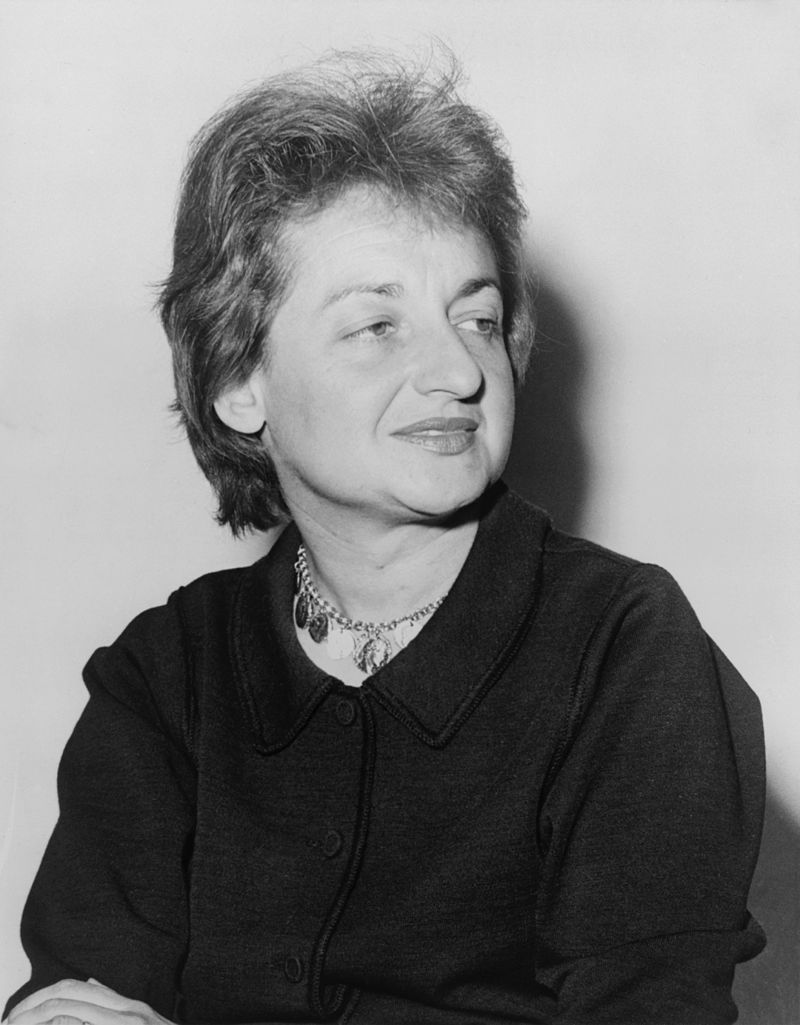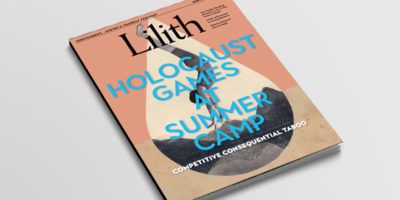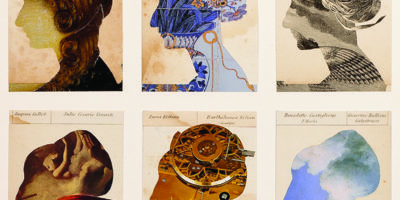
1963
Poetry
A baked potato is not as big as the world
Betty Friedan wrote, famously, in 1963.
But what if the world were an enormous baked potato,
each continent a curl of butter in a vast, carbohydrate sea?
In a baked potato world, woman rules,
and the happy housewife eschews alliteration for truth.
Who wants to know the truth?
Even the most well buttered woman in the world
has to follow certain rules.
(They haven’t changed much since 1963.)
Here’s one: before bathing in the sea,
she must wait thirty minutes after eating a potato.
In French, they do not use the word “potato.”
Instead, their tongue cuts closer to the truth —
apple of earth, the earth that Valentina Tereshkova could see
when she became the first woman in the world
to leave its surface; when, in 1963,
the Russians picked her to break the rules.
Before that, everyone knew the rules:
a woman does not go to space, no more than a potato.
After Volstok 5 landed in June of 1963,
salty grains of a new truth
stuck in all the starchy crannies of the world:
a woman had done something worth seeing.
(Betty Friedan never lived by the sea:
She was born in Peoria, where she learned rules
for living in a ungentle, gentile world,
and for making fried potato
pancakes with her mother, a Russian Jew whose truth
was sixty-five years old in 1963.)
When The Feminine Mystique was published, in 1963,
women said it was as though they could see
past their new dishwashers and vacuum cleaners to the truth
that labor-saving devices cannot, as a rule,
save a woman from living inside the heavy whiteness of a
baked potato,
a baked potato that is not as big as the world.
I enjoy Maggie Cooper’s tribute to Betty Friedan’s The Feminine Mystique because it is both funny and serious—the best kind of fun. Also, it breaks poetic rules. Check this out: it
is a sestina, a difficult form that uses end-words in each stanza in a particular order, but the poet has changed “sea” to a homophone, “see.” Best of all, this is Maggie Cooper’s first published poem. Lilith is proud of this debut.
—Alicia Ostriker, Poetry Editor



